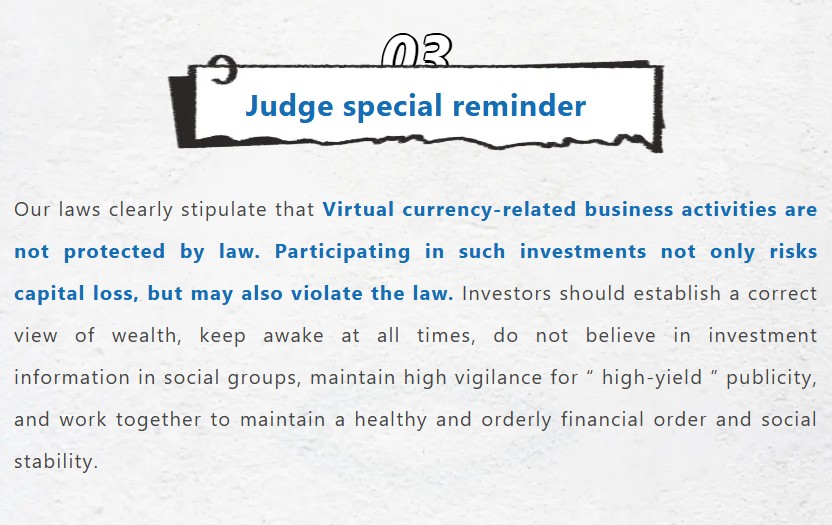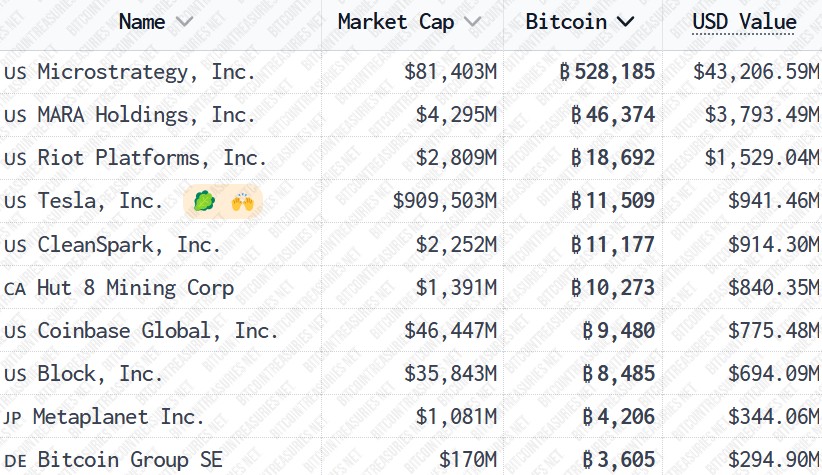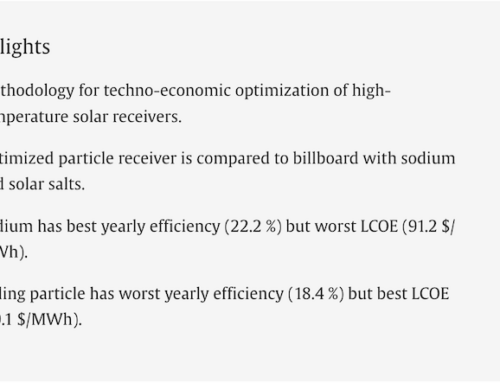New ‘MemeStrategy’ Bitcoin firm by 9GAG, jailed CEO’s $3.5M bonus: Asia Express
April 3, 2025
The creator of meme culture pioneer 9GAG is diving headfirst into Bitcoin and blockchain, acquiring a publicly listed Hong Kong company with plans to turn it into a crypto and AI venture.

Ray Chan, co-founder of 9GAG, has acquired a controlling stake in Howkingtech International Holdings Limited and plans to convert the company into a Web3 outfit.
Chan has proposed renaming the firm to MemeStrategy, a nod to MicroStrategy (now Strategy), which popularized the corporate Bitcoin accumulation playbook. He will serve as chairman and CEO, pending shareholder approval, and several members of the 9GAG team have joined the board.
MemeStrategy aims to incorporate Bitcoin and other cryptocurrencies into its balance sheet while investing in promising Web3 and AI startups. Its strategy leverages the global influence of 9GAG’s online community to drive growth.
Founded in 2008, 9GAG is one of the internet’s most recognizable meme and viral content platforms. With over 200 million followers across Instagram, TikTok, X, and other social media channels, it gives MemeStrategy a built-in global audience for marketing and user engagement.
The company also outlined initiatives under a so-called “Creator Economy 4.0,” aimed at helping creators monetize their IP through Web3 tools. It also plans to develop DePin (Decentralized Physical Infrastructure Network) services by merging its legacy IoT business with decentralized infrastructure models.
MemeStrategy isn’t Chan’s first foray into Web3. He and the 9GAG team previously launched Memeland, a venture studio behind several NFT projects, including The Captainz and The Potatoz.
A former Bithumb executive currently serving time behind bars for accepting bribes tied to a token listing has received a multi-million dollar bonus from the company as part of a broader surge in crypto exchange payouts following a lucrative 2024.
Lee Sang-jun, the former CEO of Bithumb Holdings, was paid nearly 4.7 billion Korean won (around $3.5 million) last year, according to Bithumb’s annual report, as reported by state-backed news outlet Yonhap. That includes a 2 billion won ($1.4 million) bonus, 2.2 billion won ($1.5 million) in retirement pay, and close to 470 million won ($320,000) in base salary, despite Lee being convicted and sentenced in December 2024.
Lee should not be confused with Lee Jung-hoon, the former Bithumb chairman acquitted of fraud charges, a decision recently upheld by the Supreme Court. The exchange also paid a 1 billion won ($740,000) bonus to Lee Jung-hoon.
Lee Sang-jun was convicted in December 2024 and was found guilty of accepting luxury gifts and favors in return for token listings. While prosecutors alleged he took 30 billion won (around $20 million) in cash, the court cleared him of that charge but upheld a guilty verdict for other forms of bribery. He was sentenced to two years in prison and fined around 50 million won ($37,000).

The local outlet cited a Bithumb spokesperson who defended the payout, saying Lee had played a key role in professionalizing the company’s operations, like establishing Bithumb’s institutional foundations and improving customer asset protection.
Bithumb wasn’t the only crypto exchange in South Korea handing out massive checks in the wake of 2024’s recovery. Dunamu, the operator of Upbit, paid its chairman Song Chi-hyung over ₩110 billion ($82 million) last year, Yonhap reported.
Employees of South Korea’s top crypto exchanges earned salaries comparable to major banks. Upbit staff earned an average of nearly 200 million won ($147,000) in 2024, up 71% from the year before. Bithumb employees saw their average pay rise to 116 million won ($85,000) from 99 million won ($68,000).
Read also
A Chinese court has sentenced 34 individuals to prison for orchestrating a large-scale cryptocurrency investment scam that defrauded nearly 30,000 victims out of 460 million yuan (approximately $63.5 million). The ruling was issued by the Ezhou Intermediate People’s Court in Hubei Province and shared via its official WeChat account.
According to the court, the scam ring built a fraudulent trading platform called OurBit (OURBIT), which claimed to be a Singapore-registered exchange with financial licenses from the US and the United Kingdom. The platform promoted features such as “zero slippage,” “innovative stop-loss tools,” and displayed fake trading charts mimicking real Bitcoin market data. It listed nine fictitious cryptocurrencies to create the illusion of a legitimate, professional trading environment.
To lure investors, members of the group posed as investment “teachers” in WeChat groups, where they posted fake profit screenshots and encouraged users to try the platform. Victims were enticed into using high-leverage products, and in many cases, found their balances wiped out due to manipulated trading conditions.

The platform was, in reality, a closed system where users unknowingly wagered against the platform itself with no connection to external markets. Data was manipulated to trigger margin calls and fake volatility. For the few users who made significant profits, the platform would freeze withdrawals or push them to reinvest until all funds were lost.
Behind the operation was a structured organization with departments for business, product, and technical operations. First-level agents were recruited with promises of high commissions and provided with demo accounts to lure sub-agents and victims. The scam operated with a clear division of labor, and agents used pre-scripted pitches and fake credentials to maintain the illusion of legitimacy.
The court ruled that the defendants, led by a man with the surname of Cheng, engaged in fraud by fabricating facts and concealing the nature of the platform to obtain funds illegally. The case was split into multiple trials due to its complexity and number of defendants. All sentences have now taken effect, with prison terms ranging from three to twelve years, along with fines.
Read also
Japanese mobile game developer Enish Inc. has become the latest publicly traded company in Japan to adopt Bitcoin, announcing plans to purchase ¥100 million (approximately $660,000) worth of the cryptocurrency between April 1 and April 4 through a domestic crypto exchange.
Enish, known for its Web3 game De:Lithe Last Memories, said the acquisition is part of its broader push into Web3. The company framed the move as a way to deepen its technical understanding of blockchain technology and support future game development through hands-on exposure.
The move follows a growing trend among Japanese firms. Metaplanet, a former hotel operator turned Web3 venture, has become the continent’s most aggressive corporate Bitcoin buyers. Since adopting a Bitcoin-centric treasury strategy, Metaplanet has amassed over 4,200 BTC, making it Asia’s largest publicly listed Bitcoin holder and the ninth-largest globally.

The wave of corporate Bitcoin adoption comes as Japanese regulators weigh possible updates to crypto oversight. On March 30, Nikkei reported that Japan’s Financial Services Agency (FSA) was preparing a bill to reclassify cryptocurrencies as financial instruments under the Financial Instruments and Exchange Act, potentially subjecting crypto to the same insider trading laws that govern stock markets.
However, the FSA has since pushed back on the report. In a statement to Cointelegraph on April 1, an agency spokesperson said that no decision has been made regarding revisions to the law or the reclassification of crypto assets as financial instruments.
Despite the uncertainty, Japan has recently taken a notably pro-crypto stance. Regulators issued the country’s first license for handling stablecoins to SBI VC Trade, allowing it to support Circle’s USDC. The government is also moving ahead with tax reforms that would reduce capital gains tax on crypto from 55% to 20%, and the FSA is reviewing its ban on crypto-based exchange-traded funds.
BitcoinBithumbChinaJapanmemeScamSouth KoreaUpbitWeChat
Read also
BTC crash, DOT crushes XRP, man risks losing $262M: Hodler’s Digest, Jan. 10–16
by
Editorial Staff
8 min
January 16, 2021
The best (and worst) quotes, adoption and regulation highlights, leading coins, predictions and much more — one week on Cointelegraph in one link!
Pudgy Penguins lands in Pixelverse, Ether ETFs, and more: Hodler’s Digest, July 14-20
by
Editorial Staff
6 min
July 20, 2024
Pudgy Penguins gets a character in Pixelverse’s mini-game, the influence of ETFs on ETH price, and Craig Wright admits he’s not Satoshi.
Search
RECENT PRESS RELEASES
Related Post





